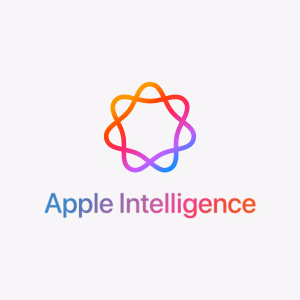Perhaps one of the most exciting developments in the world of IoT is data, with 5G coming in to offer instant communications for data packages of any size, with just 0.004 latency.
As countries begin to roll out their 5G technology to consumers, governments, and businesses (including collection agencies), we can expect to see incredible new innovations changing the way we communicate and work.
Current 4G offers data speeds of around 20 Mbps, whilst 5G speeds will be 500 to 1500 Mbps, offering consumers and businesses more efficiency and opportunity.
With data streams now unlimited and always-on, everything can be done wirelessly, benefiting not only businesses in the technology sector, but in engineering, healthcare, recruitment, and retail.
By 2021, experts predict there will be around one billion 5G customers in Asia and North America alone.
Combining the power of 5G technology with the internet of things will allow us to enter into a new Big Data age, where every decision is based on fact and exact measurement rather than estimations.
In airports, we’ll see check-in desks open based on demand; in hospitals, unprecedented access to data from smartwatches and health wearables will create more advanced medicines and treatments; and in sales, up-to-the-minute feedback will provide retailers with the data they need to pitch the right products to the right consumers.
In time, data-backed tools will increase sales, reduce waste, and even fight climate change, allowing for microgrids to be introduced when non-renewable energy options aren’t available.
In transport, smart traffic management tools can reduce congestion, with the UK government saying IoT could save them $1 billion a year and offer a fifteen percent reduction in carbon emissions.
And in the business world, IoT can be used to make offices more energy-efficient, with AT&T and Microsoft already embracing the technology to reduce energy consumption and develop eco-infrastructure through Azure.
That is, of course, without mentioning SpaceX StarLink.
Back in 2015, founder Elon Musk announced plans for the Starlink concept, launching more than 4,000 broadband satellites into the Earth’s low orbit, offering low-cost internet access to consumers around the world.
The first sixty satellites were successfully launched in January 2020 with a live stream on SpaceX.com; by the mid-2020s, 12,000 satellites will orbit.
The project will not only lower costs and compete with big players, but it will connect the world in more ways than ever before, sparking innovations in developing and rural locations.
The economic impacts of cheaper broadband and high-speed connectivity are great.
The McKinsey Institute suggests that IoT devices will have a major impact on the world economy and that by the end of this year, there will be more internet-connected devices than human beings, changing our routines as we automate more of our everyday tasks, representing major business opportunities for switched-on firms.
Stay tuned for more news from AppleMagazine, every week.







